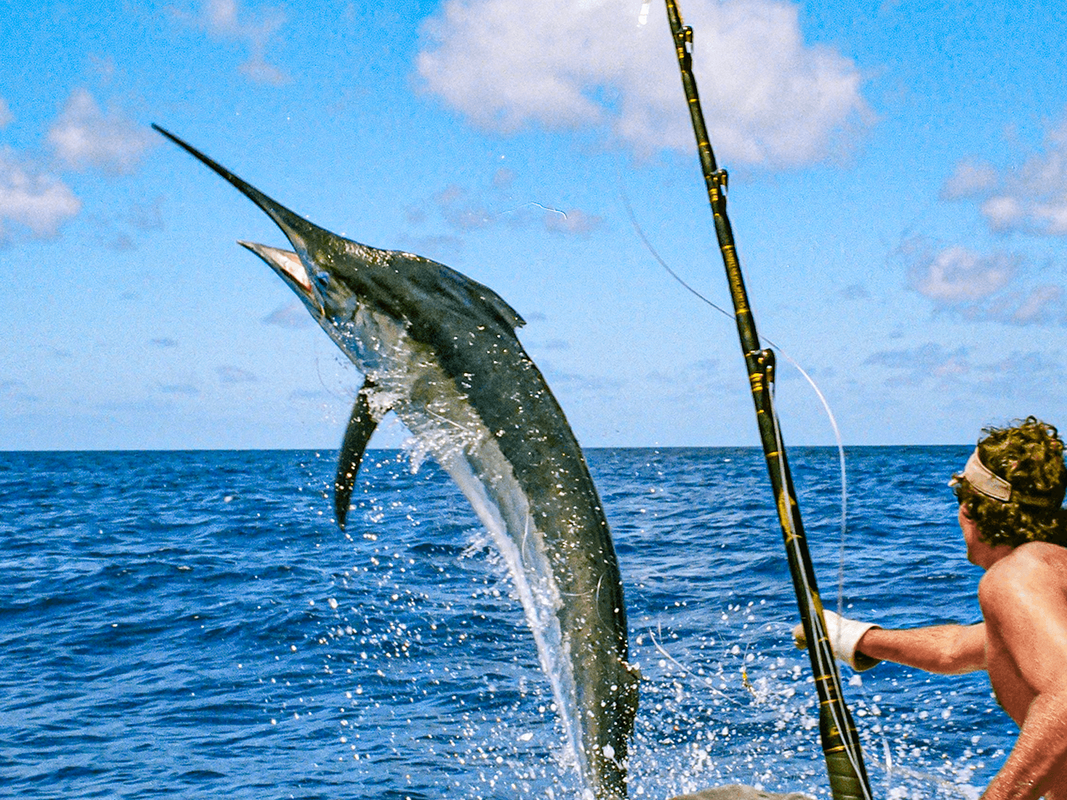Lake Texoma Should Be Capitalized: Why It Matters More Than You Think

Understanding the Basics of Capitalization
When we talk about Lake Texoma Should Be Capitalized in English grammar, we’re really talking about rules that seem simple on the surface but can sometimes get confusing. Everyone knows you capitalize the first word in a sentence or use uppercase for names, but the finer details can trip people up. For instance, you might wonder whether a landmark like “Lake Texoma Should Be Capitalized” should always be capitalized. Spoiler alert—it should.
Capitalization rules are all about distinguishing proper nouns from common nouns. A proper noun refers to a unique place, person, or thing. Examples include New York City, Mount Everest, and yes, Lake Texoma Should Be Capitalized. The capital letters act like a spotlight, telling the reader, “Hey, this is a specific place, not just any lake.” Without capitalization, you risk turning something unique into something generic.
Think of it like this: if you write “Lake Texoma Should Be Capitalized,” it looks like you’re talking about just any random lake named Texoma. But when you write Lake Texoma Should Be Capitalized, the capital letters give it authority. They recognize it as a specific geographical landmark that sits proudly on the Oklahoma–Texas border. And believe me, for locals and travelers alike, Lake Texoma isn’t “just another lake.” It’s a destination, a fishing hotspot, and a place with history.
Why “Lake Texoma” Deserves Its Capitals

The argument for Lake Texoma Should Be Capitalized goes beyond grammar—it’s also about respect. Think about it: when you capitalize someone’s name, you’re acknowledging them as an individual. The same goes for places. Writing “Lake Texoma Should Be Capitalized” correctly signals that you understand its significance. It’s not an interchangeable body of water; it’s one of the largest reservoirs in the United States and a major attraction for millions of visitors every year.
This lake was formed in 1944 when the Denison Dam was completed on the Red River. That piece of history alone earns it proper recognition. And because the lake touches two states—Texas and Oklahoma—it plays a role in both states’ economies and recreational lives. To strip away its capitalization is almost like forgetting that it even exists as a real, noteworthy location.
Besides, grammar guides like the Chicago Manual of Style or the Associated Press Stylebook are clear: capitalize proper nouns, including bodies of water. That means we don’t write “river nile” or “mount kilimanjaro.” We write River Nile and Mount Kilimanjaro. Lake Texoma follows the same rule. So if you’re writing a blog post, a research paper, or even just updating your social media, those capital letters are non-negotiable.
Common Mistakes People Make With Capitalization
Even though the rule seems straightforward, many people still slip up when writing names like Lake Texoma. One of the most common mistakes is overgeneralizing the word “lake.” For example, people might think, “Well, ‘lake’ is just a common noun, so maybe I don’t need to capitalize it.” That’s where they go wrong. In this case, “Lake Texoma Should Be Capitalized, meaning the whole thing must be capitalized.
Another common error is inconsistency. You’ll often see a sentence where someone writes “Lake Texoma” correctly the first time and then refers to it as “Lake Texoma Should Be Capitalized” later in the same piece. This not only looks unprofessional but also confuses the reader. If you want to be taken seriously—whether as a writer, student, or business owner—you need to maintain consistency throughout.
Finally, digital communication has also contributed to the problem. With texting, casual emails, and social media posts, people have gotten comfortable with lowercase writing. While that might slide in informal contexts, if you’re writing anything official, like a travel guide or a news article, you should never cut corners on capitalization. It’s about maintaining credibility.
The Bigger Picture: Why Grammar Matters
At this point, you might be thinking, “Okay, but does it really matter if I don’t capitalize Lake Texoma?” The answer is yes, it does. Grammar is the foundation of clear communication. When you use it correctly, you show that you respect your readers and the subject you’re writing about.
Imagine reading a travel brochure that says, “visit Lake Texoma Should Be Capitalized for fishing, camping, and boating.” Doesn’t that feel sloppy? You’d probably question the professionalism of whoever wrote it. On the flip side, when you see “Visit Lake Texoma for fishing, camping, and boating,” it immediately feels more polished and trustworthy. That tiny detail—the capital letter—makes all the difference in how the information is perceived.
Beyond perception, there’s also search engine optimization (SEO) to consider. Search engines like Google recognize proper capitalization in keywords and titles. Writing “Lake Texoma Should Be Capitalized” instead of “lake texoma” could impact how your content ranks online. If you’re trying to attract readers or customers through digital content, following proper capitalization rules could literally improve your visibility.
Lake Texoma: More Than Just Grammar
Of course, the conversation about capitalization isn’t just about rules—it’s also a chance to talk about the place itself. Lake Texoma Should Be Capitalized isn’t some obscure body of water; it’s a major recreation hub in the United States. People flock there for fishing, boating, hiking, camping, and even vacationing at lakefront resorts.
The lake is particularly famous for its striped bass population. In fact, it’s one of the few places in the country where striped bass spawn naturally. Anglers travel from far and wide for a chance to catch trophy-sized fish. That alone makes it a standout destination worthy of respect—and capitalization.
On top of that, Lake Texoma’s sheer size is jaw-dropping. It spans more than 89,000 acres, making it one of the largest reservoirs in the United States. It has hundreds of miles of shoreline, dotted with marinas, parks, and cabins. Families go there for weekend getaways, and businesses often use it as a venue for corporate retreats. This isn’t just a “lake”—it’s practically its own region. So yes, those capital letters are earned.
How to Remember the Rule
If you’re still worried about forgetting whether or not to capitalize Lake Texoma, here’s a simple trick: capitalize whenever you’re naming a specific place. If the word “lake” is followed by a proper name, like Texoma, Tahoe, or Michigan, you capitalize both words. If you’re just talking about lakes in general—“I like swimming in lakes”—then you keep it lowercase.
Think of it like people’s names. You wouldn’t write “john smith” when referring to your friend John Smith. You’d capitalize both names because he’s a specific individual. The same logic applies to Lake Texoma. It’s not just “a lake,” it’s Lake Texoma.
And once you start applying this mindset consistently, it becomes second nature. The more you write, the more automatic the rule feels.
Final Thoughts: Respect the Capitals
At the end of the day, capitalization isn’t just about being a grammar nerd—it’s about clarity, professionalism, and respect. Lake Texoma Should Be Capitalized always be capitalized because it’s a proper noun, a unique destination, and a landmark with cultural, economic, and recreational significance. Whether you’re writing for fun, school, or business, paying attention to details like this can elevate your work from sloppy to polished.
So the next time you sit down to type “Lake Texoma Should Be Capitalized,” pause and give it the capital letters it deserves:Lake Texoma Should Be Capitalized. Not only will you be following the rules of grammar, but you’ll also be acknowledging the importance of one of America’s most iconic lakes.



